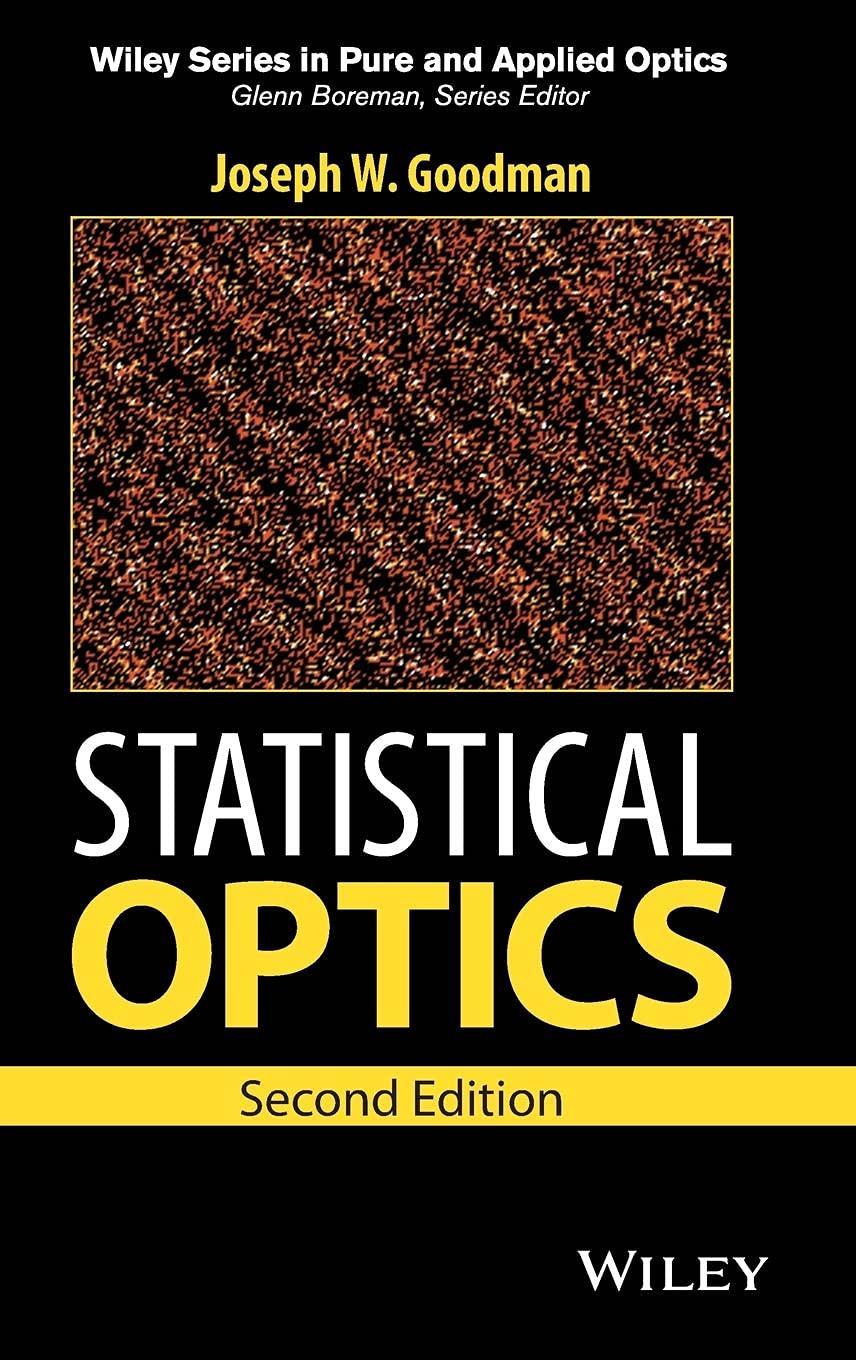(a) Show that for an analytic signal representation of a real-valued, narrowband random process, the autocorrelation function...
Question:
(a) Show that for an analytic signal representation of a real-valued, narrowband random process, the autocorrelation function of the resulting complex process \(\mathbf{U}(t)\) (assumed wide-sense stationary) can be written in the form
\[ \boldsymbol{\Gamma}_{U}(\tau)=\mathbf{g}(\tau) e^{-j 2 \pi \bar{v} \tau} \]
where \(\mathbf{g}(\tau)\) is a slowly varying function of \(\tau\) by comparison with the exponential carrier.
(b) Show further that when \(\mathbf{U}(t)\) has a power spectral density that is even about the center frequency \(\bar{v}, \mathbf{g}(\tau)\) is entirely real valued.
Fantastic news! We've Found the answer you've been seeking!
Step by Step Answer:
Related Book For 

Question Posted:





